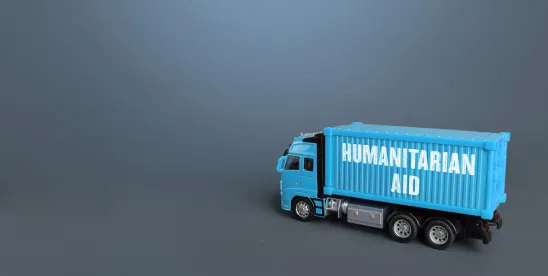U.S. District Court Judge Indira Talwani issued an order on April 14, 2025, blocking DHS’s March 25, 2025, decision to terminate Humanitarian Parole for individuals from Cuba, Haiti, Nicaragua, and Venezuela paroled into the United States under the CHNV program. The judge also certified the case as a class action.
The CHNV program allows approximately 450,000 people to live and work legally in the United States. On March 25, 2025, DHS announced that it was terminating, as of April 24, 2025, the CHNV program and revoking work authorization issued under the program.
Pursuant to Judge Talwani’s order, DHS has been enjoined from terminating CHNV parole for all beneficiaries by Federal Register notice. While the order is in effect, CHNV beneficiaries’ humanitarian parole and related work authorization document will expire on the date listed on the humanitarian parole approval notice/I-94 and related work authorization document. Judge Talwani’s ruling specifies that DHS cannot revoke a CHNV beneficiary’s humanitarian parole and related work authorization prior to the stated expiration date without a review of the beneficiary’s individual case.
Finally, the ruling states that all CHNV revocation notices sent to CHNV beneficiaries are stayed pending further court order.
Judge Talwani stated that DHS’s decision to terminate the CHNV program will force CHNV beneficiaries to “choose between two injurious options: continue following the law and leave the country on their own, or await removal proceedings.… The first option will expose Plaintiffs to dangers in their native countries.… The second option will put Plaintiffs at risk of arrest and detention and, because Plaintiffs will be in the United States without legal status, undermine Plaintiff’s chances of receiving other forms of immigration relief in the future – potentially permanently.”





 />i
/>i

